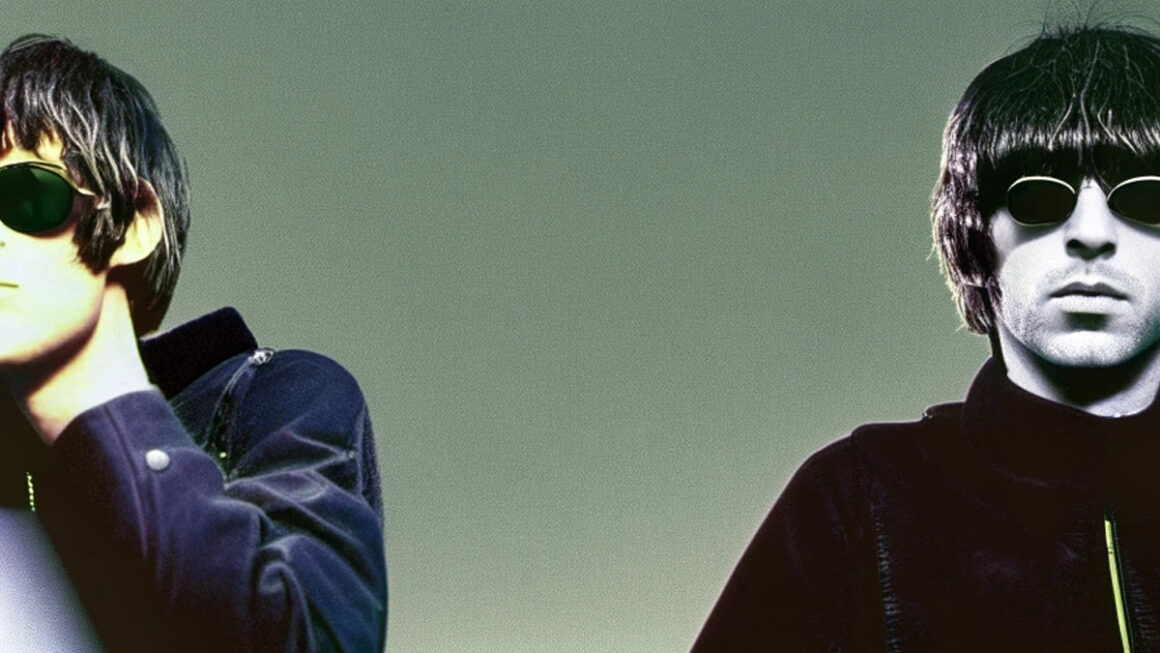The use of artificial intelligence to recreate Oasis’ distinctive sound raises complex concerns about the intersection of creativity and technology.
But thanks to AI, the famous ’90s band is definitely back in the news. The British rock band Breezer’s new record, “AIsis: The Lost Tapes,” sounds so much like Oasis that it has been watched over 40,000 times on YouTube since it was posted on Friday.
Liam Gallagher, the lead singer of Oasis, sounds great on the voice track, but he wasn’t involved in the project at all. Breezer wrote and played all the music and lyrics.
“Initially, we didn’t expect anyone to pay much attention to our project,” Woodgates said. “We shared it with our mates, who loved it and uploaded it to YouTube, where it just kind of exploded.”
Woodgates and co-writer Bobby Geraghty began composing songs in 2013, but it wasn’t until after the COVID lockdowns that they decided to form a band, Woodgates recalled. Breezer was founded in 2021.
Woodgates stated that the “AIsis” project, which utilized artificial intelligence to generate a voice replica of the Oasis frontman, seeks to pay homage to Oasis, which he described as a major influence, rather than profit from its work.
“I think that it has opened up this conversation in the music industry of what it’s gonna look like,” Woodgates said. “This idea that you can collaborate with artists or bands that you love, I think it immortalizes these iconic sounds and singers.”
“Heart on My Sleeve,” a song that was made by an A.I. to sound like a collaboration between Drake and The Weeknd that never happened, was taken down from Apple, YouTube, and Spotify on Monday after Universal Music said that the work, which was made by digital artist Ghostwriter, broke copyright laws.
From vinyl records to cassette tapes, CDs, and now digital files and streaming, the music business has changed a lot over the years. Cover songs and sampling have made it hard to tell the difference between tributes and copies. But using AI to make new recordings of famous musicians without their help raises serious questions about the future of music, just like using computer-generated recreations of dead stars in movies raises serious questions about the future of movies.
This is not the first time that the music industry has clashed with technology and the internet. Metallica famously filed a lawsuit against Napster in 2000, alleging a violation of copyright laws, after discovering that its music was being shared online without permission. Other recording artists, including Dr. Dre, and several recording companies filed lawsuits in response.
“This wouldn’t be a straight copyright issue but could encompass issues involving trademark and patent law, based on how the A.I. was trained to read, extract, and write data,” attorney and CEO of AR Media Andrew Rossow said.
“Although the standard infringement analysis can be applied to an A.I. program and its instructions to assess ‘substantial similarity,’ courts will still need to address questions concerning ‘authorship’ and the A.I. algorithm itself, starting with jurisdiction,” Rossow said.
“I think we’re going to start to see some pushback,” Woodgates said. “So we’re just going to see how it plays out. But we’re definitely keen to do more. I think it’s an interesting thing.”
Content Source: decypt.com
The post AI tribute album to Oasis sparks debate on copyright, the future of music appeared first on NFT News Pro.
